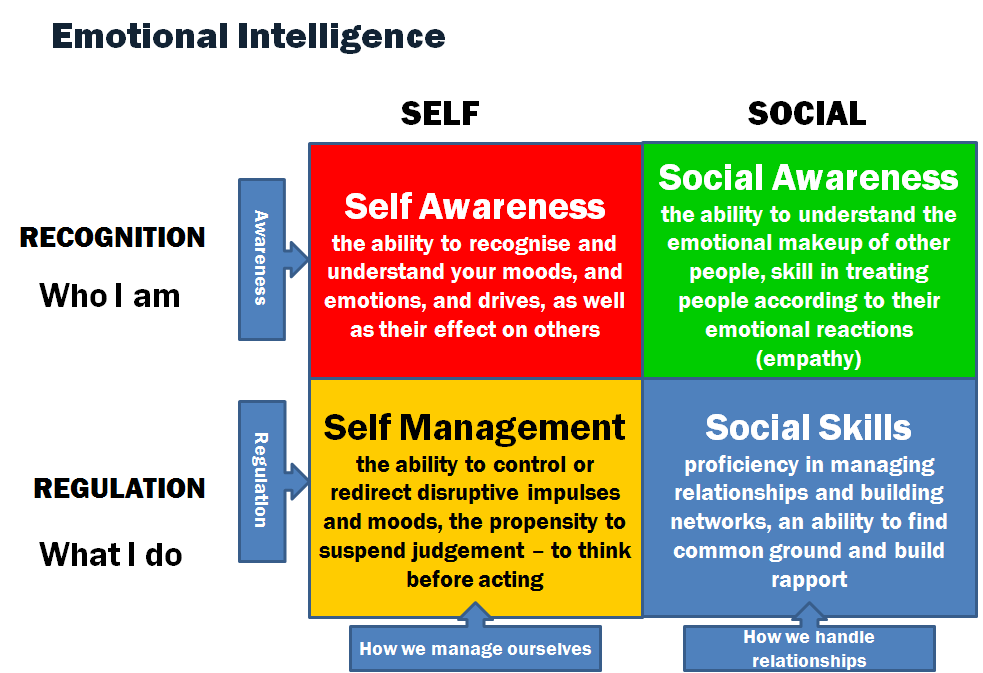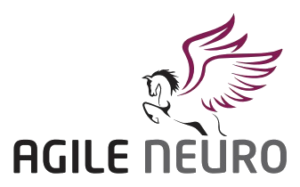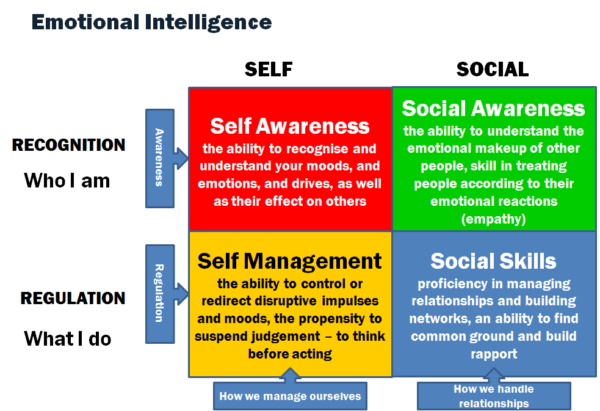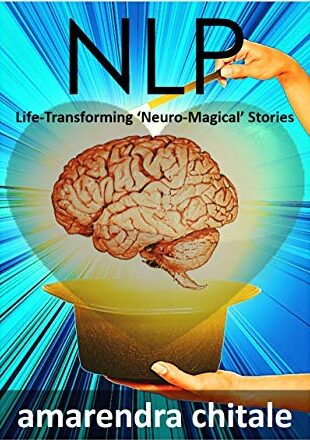
I have come across so many people who say, “Emotions have always held me back”. We hear this in different ways from people around us, on social media and through other media where sometimes failures are highlighted. Not to mention the memes which focus on failures at work, relationships etc. and they have the same bottom-line, “Emotions are not our strength”. Being emotional is considered a weakness in today’s practical world. I have never agreed to these suggestions because I truly believe that emotions are our strength. Our motivation to do something, could be as small as motivation to get out of bed, has emotions as its stakeholder. “I must get up now because I am looking forward to a new day today, because I have an exciting task to do”, or “I am meeting my loved one today, let me just get up and get ready quickly”. Without motivation and hence emotions, it will be impossible to achieve anything. Learn to make Emotions your strength, rather than your weakness. Those who do that, are the successful ones in this world and hence can be termed as Emotionally Intelligent.
Let us first define Emotional Intelligence. “It is the ability to recognize, regulate and effectively communicate our own emotions to ourselves and other people. It is the capacity or skill to perceive, assess and manage the emotions of one’s self and of others”. So, what does it take to be Emotionally Intelligent? So many psychologists and researchers have come back with the same theory (including the modern day Emotional Intelligence Guru, Daniel Goleman), that being Emotional Intelligent depends on whether we have sorted out the 4 components about ‘Self’ and ‘Others’ as listed below:
As indicated above, being Emotionally Intelligent has 4 components associated with it:
- Self-Awareness (Emotional Awareness)
- Self-Management (Emotional Management)
- Others Awareness (Social Awareness)
- Others Management (Social Skills)
It is quite logical to understand in a way. If you are self-aware, then managing yourself becomes easy. If you are aware of others around you then it becomes easy to manage them. Of course, it sounds easy but there are other dimensions within these ones which make you emotionally intelligent. In a nutshell, if you are good in all the four main components which are mentioned above, you are considered to be ‘sorted’ or ‘Emotionally Intelligent’. As we are on the topic of how good we are in the 4 components, you can get your scores measured and analysed through our assessment test. Just click (here) and you will get your report. This assessment is free for all.
For now, let me just show you the road map of how you can be better in all the 4 components mentioned:
Self (Emotional) Awareness:
- Knowing your SWOT: SWOT stands for Strengths, Weaknesses, Opportunities and Threats. Your strengths offer you opportunities and weaknesses can pose threats. Sometimes, knowing yourself through your own SWOT can be very challenging, but quite fulfilling. Know your Values, Beliefs, Personality and any vital information which you need to know about yourself because this knowledge about yourself, will help you become very proactive in every walk of life.
- Being proactive and being at the solution end of the equation is another key habit which results in having high EQ. Low EQ people keep cribbing about their problems. High EQ people ‘do’ something about the problems.
- Knowing exactly why you are feeling what you are feeling and knowing the root cause of that feeling is a key ingredient in being Emotionally Aware. Root cause analysis seems very easy but it is actually a bit challenging because sometimes the reason why we feel something is blur.
- Knowing your mission of life and having vision of where you want to be in life gives you a direction and sense of purpose. You have a reason for whatever you are doing. So, every action has a thought process behind it. They say, “Always think and say/do”, but low EQ people do/say and then think.
Self (Emotional) Management:
- Ability to channelize and regulate emotions: How do we have emotions? How do we feel something? There is always an internal or external trigger which fires off peptides in your brain and in a matter of 6 seconds, they are rushed through your body. Simple example, in a near accident situation you can feel that Adrenaline rush through every muscle in your body. When you meet someone you like, you have ‘happy’ emotions (chemicals) like oxytocin firing up. With every ‘like’ on Facebook, you have another ‘happy’ chemical like dopamine. Now, sometimes there are triggers which result in negative chemicals or emotions. Someone with high EQ is able to look at the same situation from a different perspective, change the frame of the situation so that to feel differently about the same event. We also can channelize our negative emotions to passionately achieve something. But there are numerous strategies which help in regulating and channelizing emotions for the right results we want. If there is a dearth of strategies in your mind, it’s a good idea learn more about Emotional Intelligence strategies through various books (you can see the list here) and maybe attend a training.
- Achievement Orientation: When you have compelling goals set for yourself, there is less chance that you will be distracted and lose focus. The pull or the urge to achieve, gets you organized and aligned towards the bigger picture. You then don’t indulge in throwing stones at the pot-holes while driving, because your destination excites you more.
- Be Adaptable: Being behaviorally flexible and adaptable will make you more liked, respected, employable and definitely much more preferred by everyone. Rigidity often holds everyone back. Apple as an organization has been doing well because of its innovative mindset which mostly came from Steve Jobs. The mindset of flexibility led to Apple come up with the modern day full screen smart phone. You might give the credit for that to their R & D team but the reality is that Steve Jobs has always been a dynamic person, looking at market needs and being flexible with the offerings.
Others (Social) Awareness:
- Empathy: You get wisdom by having multiple perspectives of the same situation. Being empathetic is one of the best and easiest ways of being a great Leader, Parent, Spouse etc.
Relationship Management:
- Know the techniques of Influencing and motivating people: Influencing others is not that difficult as it may seem to be. Read Robert Cialdini’s book, ‘The Science of Persuasion’ which talks of at least 8 simple techniques of Influencing and Persuading people. These are not necessarily limited to techniques usable at work, but also in your personal life, parenting and relationships.
- Coaching and Mentoring: This is a big field, isn’t it? But knowing the basics of how to Coach and Mentor will help in aligning people in the right way. You don’t have to be internationally certified to begin coaching. Just follow the GROW model for starters.
- G – Goals
- R – Reality of where we are
- O – What options we have to reach the Goals from our current Reality
- W – What is immediately the next thing you would do to start from your current Reality
- Be a Team Player: Work with everyone, do not have ‘blocks’ because we are social beings and not islands. Share knowledge. Help anyone who needs it and when you can. Look to collaborate. Learn and implement conflict resolution and management techniques to synergize people.
Finally, a High Emotional Quotient results in:
- Decreased Stress
- Improved Decision-making
- Better Relationships
- Increased Personal well-being
- Increased Leadership ability
- Increased Team performance
Feel free to connect with me if you have specific questions related to this. I will be more than happy to further elaborate on any point.











